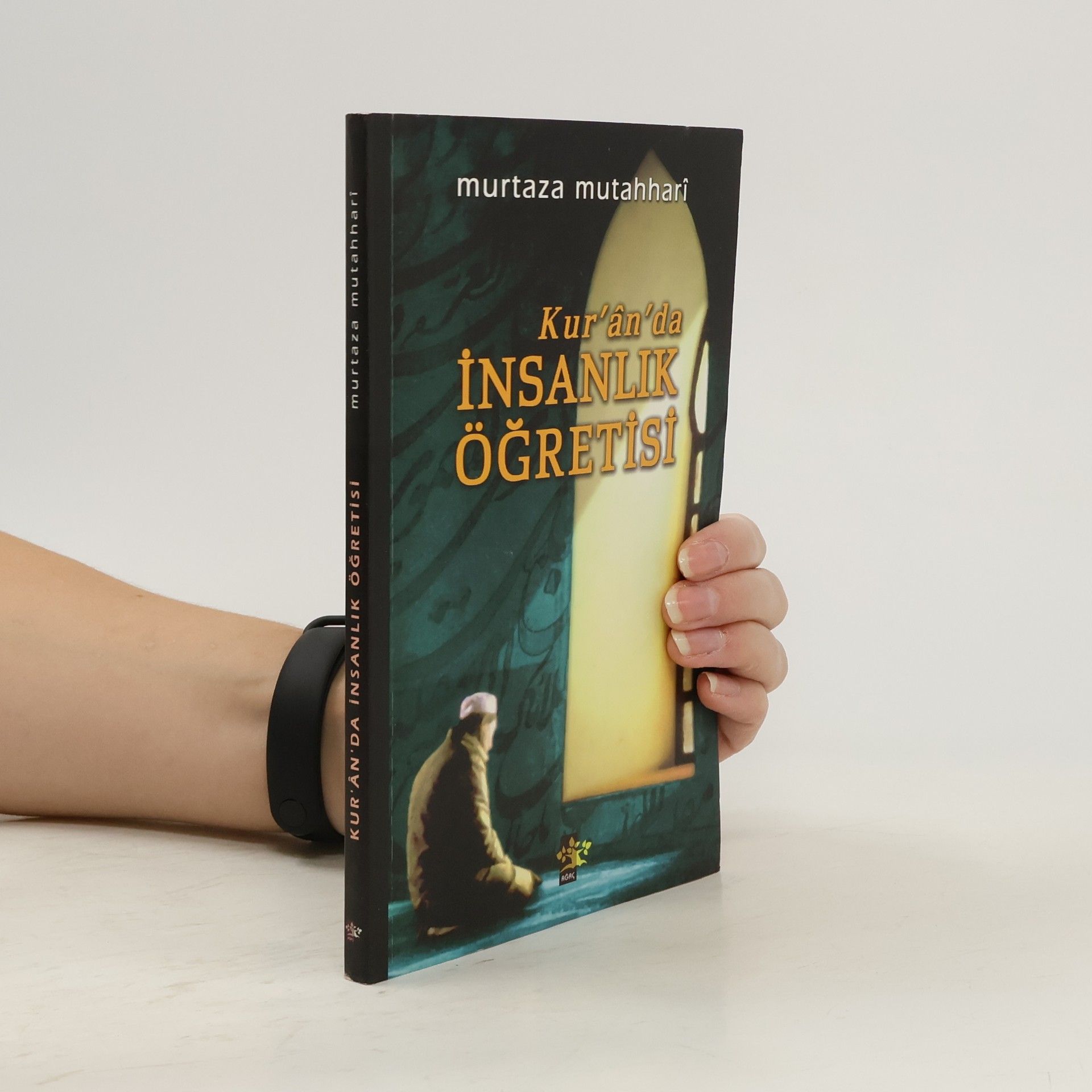Murtaza Mutahhari Knihy
Morteza Motahari bol vplyvný iránsky filozof, teológ a autor, ktorého diela pokrývajú široké spektrum tém, od filozofie a etiky až po sociálne a politické otázky. Jeho rozsiahle spisy, často vychádzajúce z hlbokého pochopenia islamského myslenia, ponúkajú prenikavé analýzy viery, spoločnosti a ľudskej existencie. Motahariho práca sa vyznačuje intelektuálnou prísnosťou a snahou prepojiť tradičné islamské koncepty s modernými problémami. Jeho odkaz ako mysliteľa a intelektuálneho vodcu naďalej ovplyvňuje diskurz v Iráne aj mimo neho.
